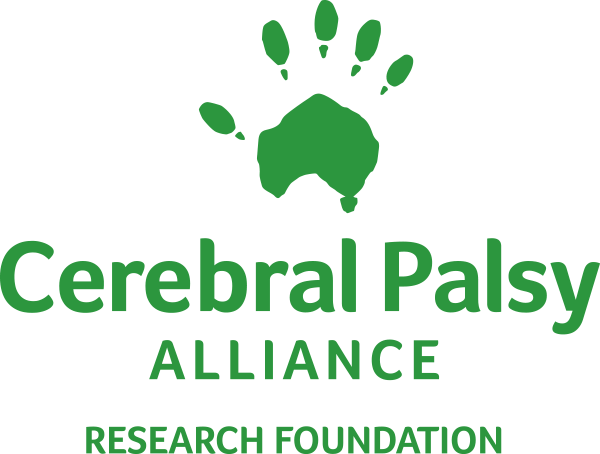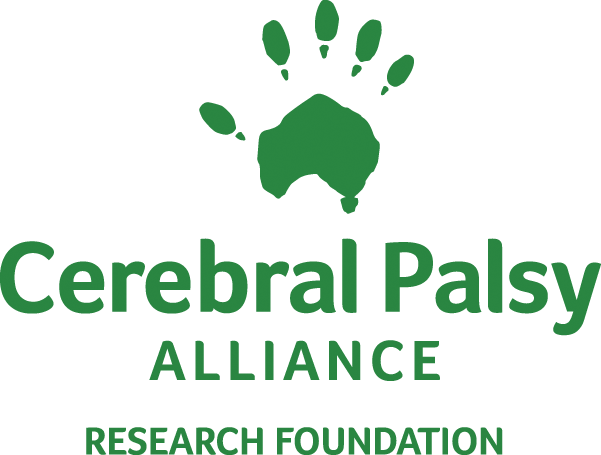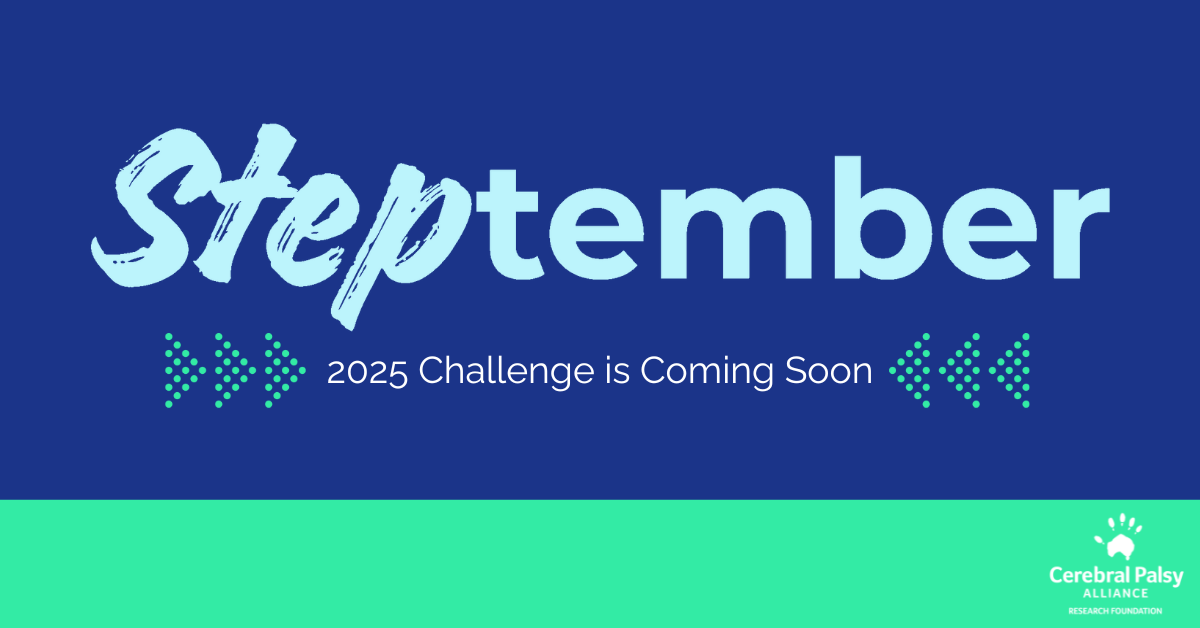This article was originally published on 11 December 2018 in Science and Technology Australia
Professor Novak, Head of Research, Cerebral Palsy Alliance Research Institute, The University of Sydney has been recognised as a Superstar of STEM.
The Minister for Industry, Science and Technology, the Hon Karen Andrews MP, has named 60 Superstars of STEM following selection of some of Australia’s most inspiring scientists, technologists and educators.
The women will smash gender stereotypes by being public examples of the diverse range of people working in science, technology, engineering and mathematics (STEM), and being role models to encourage girls to consider a career in STEM.
Professor Emma Johnston AO, President of Science & Technology Australia, said the women would no longer be hiding their scientific superpowers, and would share them with as many Australians as possible following the launch.
“When we launched the program last year, I said that the stereotypical scientists was an old man in a white coat,” Professor Johnston said.
“Thanks to the first 30 Superstars this is starting to change, and with 60 more announced today, we will be well on our way to permanently smashing the stereotype.”
The program is continuing until 2022 thanks to Government support, and Minister Andrews was present to name the new cohort of Superstars of STEM.
“Women represent 50 per cent of the intelligence, skill and creativity of our nation’s population,” Minister Andrews said, “and yet recent figures show less than 16 per cent of Australia’s university and VET science, technology, engineering and maths graduates are women.”
“We know that by 2030, workers will spend 77 per cent more time using science and maths skills. With the demand for STEM know-how higher than ever, women have to be part of the solution.”
Hundreds of applications were received, and the successful Superstars of STEM will now begin a year of training and support before they actively engage with their communities and the media in 2020.
The women chosen to take part do exciting and varied work in science and technology, they include a researcher working to develop a “key-hole surgery” inspired approach to mining, a conservationist with a love of reptiles and a mission to train them not to eat cane toads, someone exploring the personality of volcanoes and how to predict their behaviour, and many others.
“Each Superstar will connect with hundreds of school children; feature in local, national and international media; and serve as a representative for their work, their discipline and their sector,” Professor Johnston said.
“We are extremely proud to have seen hundreds of capable, skilled, confident women apply for the program, and really look forward to sharing the stories of these impressive 60 Superstars with the world.”
The Superstars of STEM program is possible thanks to support from the Department of Industry, Innovation and Science; Engineering Sponsor GE Australia; STEM Sector Engagement Partner STEM Matters; and Supporting Partners the Australian Science Media Centre and the Conversation.
Professor Novak manages the strategic development of research into the prevention and cure of cerebral palsy and supports the Australian Cerebral Palsy Register, which recently announced a decline in cerebral palsy (CP) across Australia over the last 10 years from around 1 in 500 children (2.0 per 1000 live births) to 1 in 700 children (1.4 per 1000 live births).
Professor Novak commented,
My work is not something I do, it is who I am. I am honoured to be part of the Superstars of STEM program to: engage, grow and catalyse the next generation of talented Australian women in STEM; communicate the cause of cerebral palsy research with influence; and tell science stories that resonate with the public, government and philanthropy.
Our research shows that the incidence of cerebral palsy has fallen by 30%, from raising awareness and funding talented researchers. I know that giving a voice to people with cerebral palsy matters.
Stay up to date on the latest news in research and thought leadership in CPA and the disability sector.
Wed 21 May 2025
Are you ready for STEPtember 2025? We’re officially in double digits — CPARF is celebrating 10 years of funding groundbreaking cerebral palsy research and driving innovation forward. And there’s no better way to mark this milestone than with our biggest, boldest STEPtember yet. Thanks to you, STEPtember has grown into a global movement that powers […]
Thu 15 May 2025
Celebrate Your Birthday with Purpose: Start a Fundraiser That Changes Lives Birthdays are for joy, reflection, and connection — and now, they can help fund groundbreaking research, fuel innovation in assistive technology, and create lasting change for people with cerebral palsy and other disabilities. Celebrate your special day by starting a customized birthday fundraiser to […]



